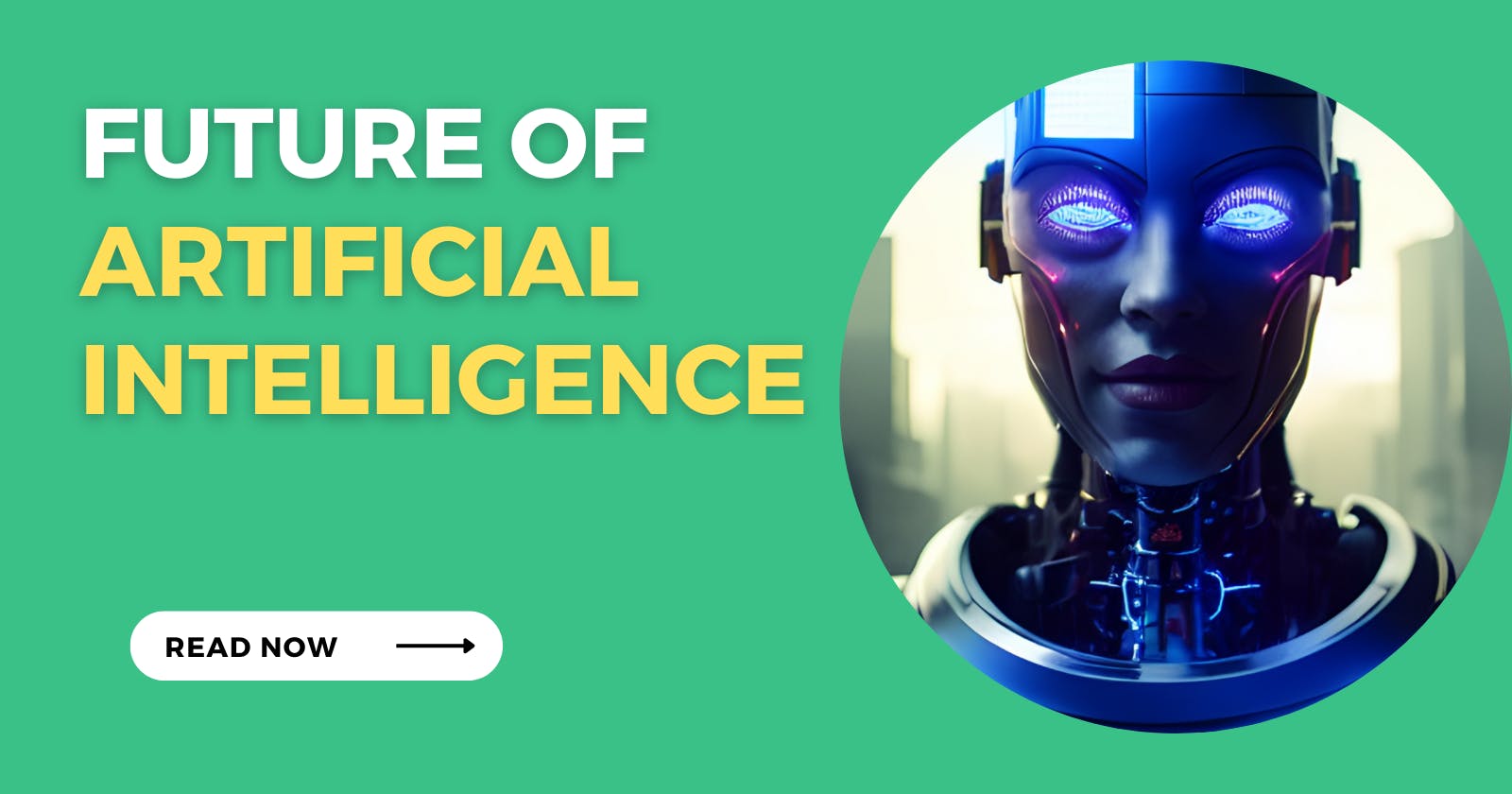"The Rise of AI: Exploring the Limitless Potential and Exciting Developments in Artificial Intelligence"
Artificial Intelligence (AI) has come a long way since its inception in the 1950s, and its future is looking even brighter. The technology has already made significant progress in areas such as healthcare, finance, and transportation, and its potential applications are limitless. In this article, we will explore some of the key trends and developments that we can expect to see in the future of AI.
Natural Language Processing
One of the most promising areas of AI is natural language processing (NLP), which involves teaching machines to understand and interpret human language. This technology is already being used in virtual assistants such as Siri and Alexa, as well as in chatbots that can handle customer inquiries.
However, the future of NLP is even more exciting. As AI algorithms become more sophisticated, we can expect to see machines that can understand and respond to natural language in a way that is indistinguishable from a human conversation. This could have significant implications for industries such as customer service and healthcare, where virtual assistants could assist in everything from scheduling appointments to diagnosing illnesses.
Autonomous Systems
Another area where we can expect to see significant advancements in the future of AI is autonomous systems. This includes everything from self-driving cars to drones that can navigate and deliver packages. Autonomous systems have the potential to revolutionize transportation and logistics, making them more efficient and reducing the need for human labour.
However, there are also challenges associated with autonomous systems. One of the biggest challenges is ensuring that they are safe and reliable. Self-driving cars, for example, must be able to navigate complex traffic patterns and avoid accidents. Drones must be able to navigate around buildings and other obstacles while delivering packages.
To address these challenges, researchers are developing advanced sensors and algorithms that can help autonomous systems to navigate safely and avoid collisions.
Robotics
Robotics is another area where we can expect to see significant advancements in the future of AI. Robots are already being used in manufacturing and other industries to perform repetitive and dangerous tasks, and as AI technology improves, we can expect to see even more sophisticated robots that can perform more complex tasks.
For example, robots could be used to assist in search and rescue operations, or to perform surgery with greater precision than human surgeons. As robots become more common in our daily lives, it will be important to ensure that they are designed and programmed in a way that is safe and ethical.
Ethics and Governance
Speaking of ethics, one of the biggest challenges in the future of AI will be ensuring that these technologies are used in a way that is ethical and beneficial to society. This includes issues such as data privacy, algorithmic bias, and the impact of AI on employment.
To address these challenges, there is a growing field of AI ethics and governance that seeks to develop guidelines and best practices for the development and use of AI. This includes ensuring that AI systems are transparent and accountable and that they are designed in a way that promotes social good.
The Future of Work
Another important trend in the future of AI is the impact that these technologies will have on the future of work. As AI systems become more advanced, they have the potential to automate many tasks that were previously done by humans. This could lead to significant job losses, particularly in industries such as manufacturing and transportation.
However, there are also opportunities associated with the future of work and AI. As machines take over more repetitive and menial tasks, humans will have more time to focus on creative and complex work. This could lead to increased job satisfaction and higher levels of productivity.
Conclusion
The future of AI is incredibly exciting, with the potential to transform many aspects of our lives. From natural language processing to robotics, the possibilities are endless. However, it is important to ensure that these technologies are developed and used in a way that is ethical and beneficial to society.

